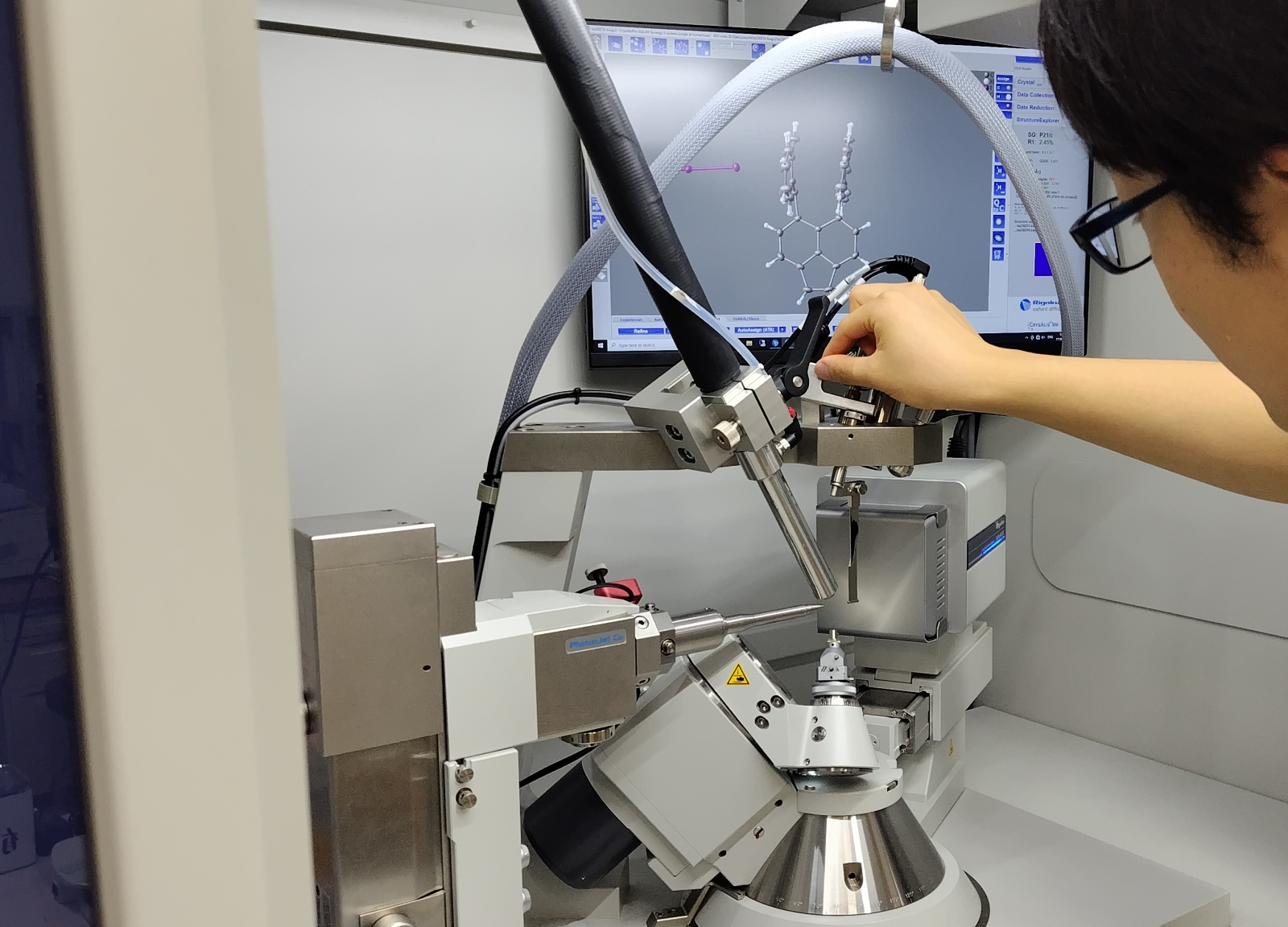Gruppo 2003 - the Italian Association of the Top 50 Italian Scientists - few days ago launched an appeal from its website (www.scienzainrete.it) opposing the Italian Parliament’s attempt at distorting the European Directive on animal experimentation, which risks cutting Italy out from vital fields of biomedical research if the just approved bans will not be immediately amended.
“The umpteenth humiliation for scientific research in Italy.” Silvio Garattini, director of Mario Negri Institute in Milan, does not hide indignation and extreme concern in his open letter to the Italian Ministry of Research, University and Education, Maria Chiara Carrozza. “This law is completely irrational” continues the scientist “research on human tumours implanted in mice and abuse-substances administering to animals will be now banned. Why? It does not make any sense, it’s ridiculous and will raise indignation abroad, adding up to the list of senseless laws like therapy Di Bella, trial against geophysicists, Stamina and so on.”
So, what happened? The Italian law was supposed to acknowledge the essence and meaning of the European Directive 2010/63/EU which does not forbid animals testing, but regulates their use and breeding for scientific purposes. Few days ago, however, the voted art.12 introduced several new bans, affecting both fundamental and translational research (which looks for diseases’ cures) and also animals breeding for experimentation, de facto overturning the inspiring principles and the indications of the Directive.
The art.12
itself shows contradictions, generally allowing animal experimentation for
treatment-oriented research, but then banning their use for
xenotransplantation, which is fundamental for developing innovative and
experimental therapies for severe pathologies - cancer included - besides researching
safest and more advanced types of cardiac valves. Even though these techniques already
saved millions of human lives, according to the art.12 Italy should be the only Nation in the whole world banning
this research field.
Equally unclear are the reasons behind the prohibition of animal testing for
abuse substances, since understanding addition-mechanisms is essential for
developing adequate therapies.
The new law, furthermore, forbids the breeding of cats, dogs and not-human primates for scientific experimentation, once again contradicting the European Directive - which invites the Member States to define rules for the animals breeding but does not ban it – and heavily affecting the costs and quality of Italian biomedical research, which will be depending upon foreign breeding stations or will be forced to move abroad.
“If applied, art.12 will cause the blockage of grants, both future and already allocated, for fundamental research” assert the top Italian Scientists, denouncing also the total absence of consultation with the scientific community: “It would be like taking decisions heavily affecting the productivity and competitiveness of metalworker industries without consulting either the metalworkers or the industries, but, on the contrary, applying an urgent procedure which does not allow any intervention”.
Gruppo 2003’s appeal for the amendment of art.12 has been already signed by more than 2,120 researchers. Join in and sign here for a law on animal testing that brings Italy back in Europe.


